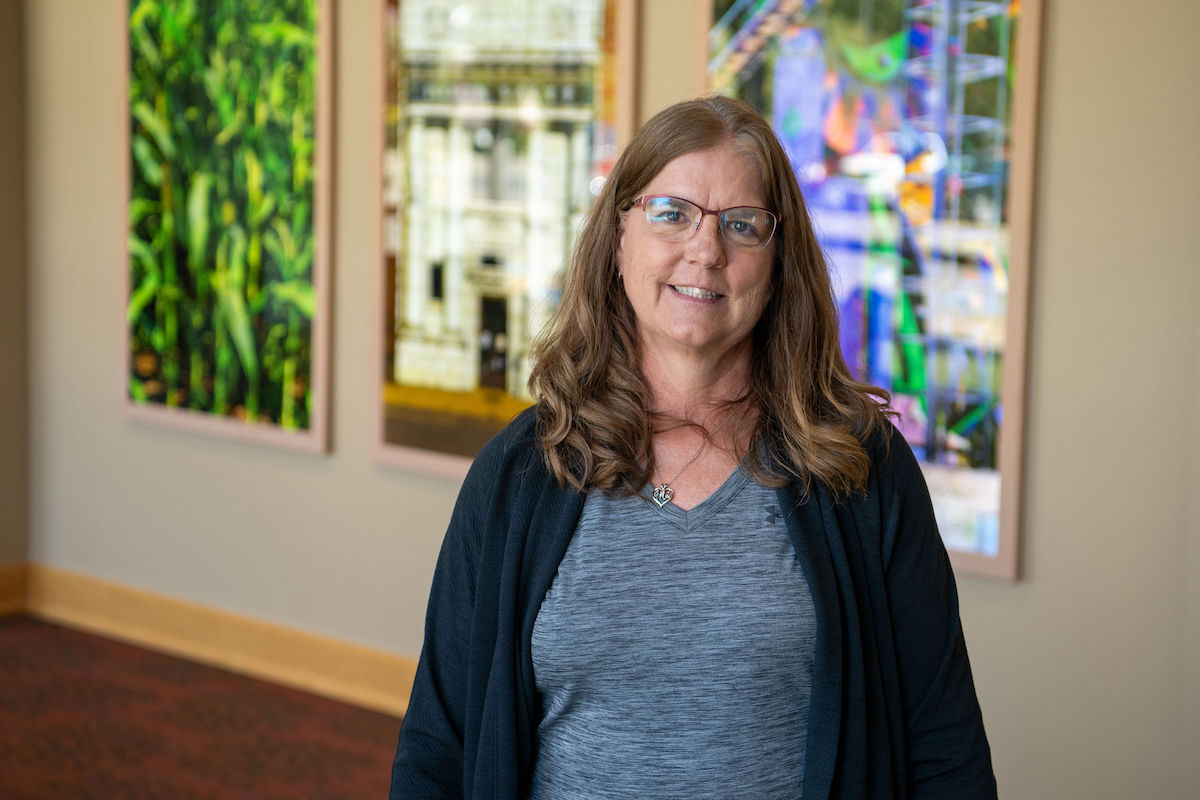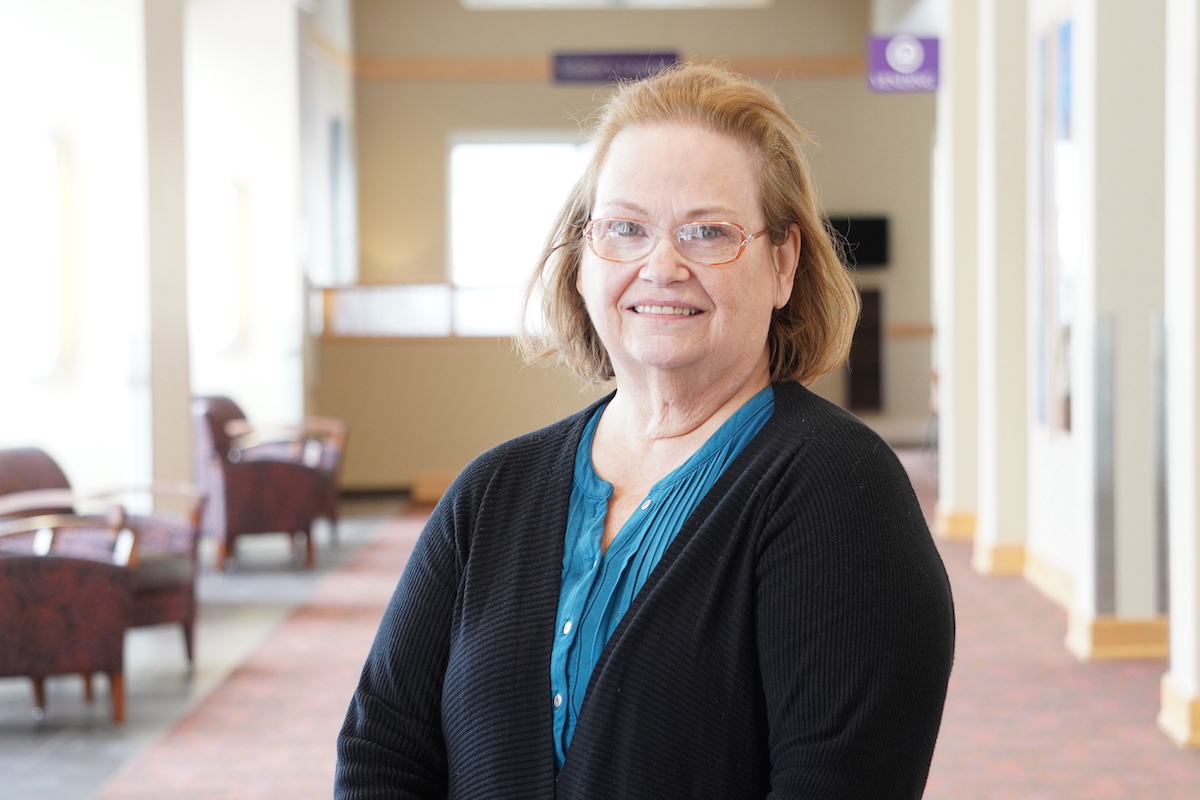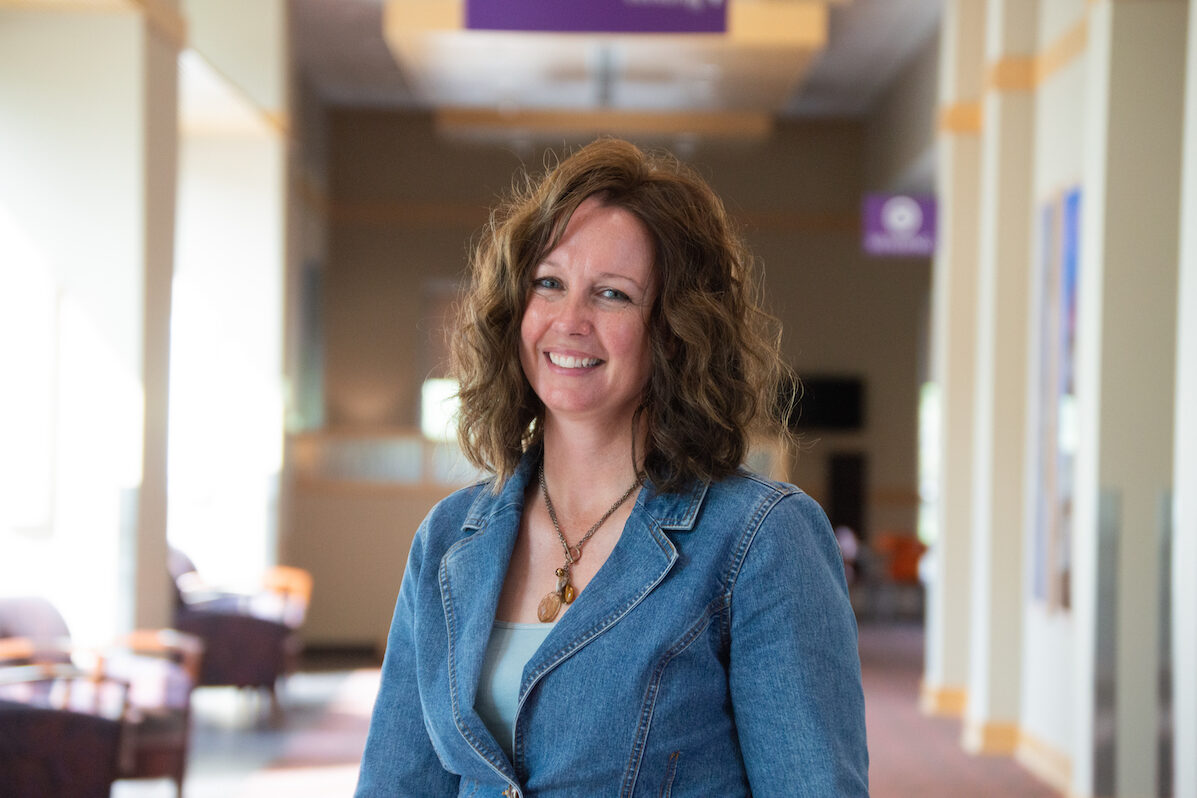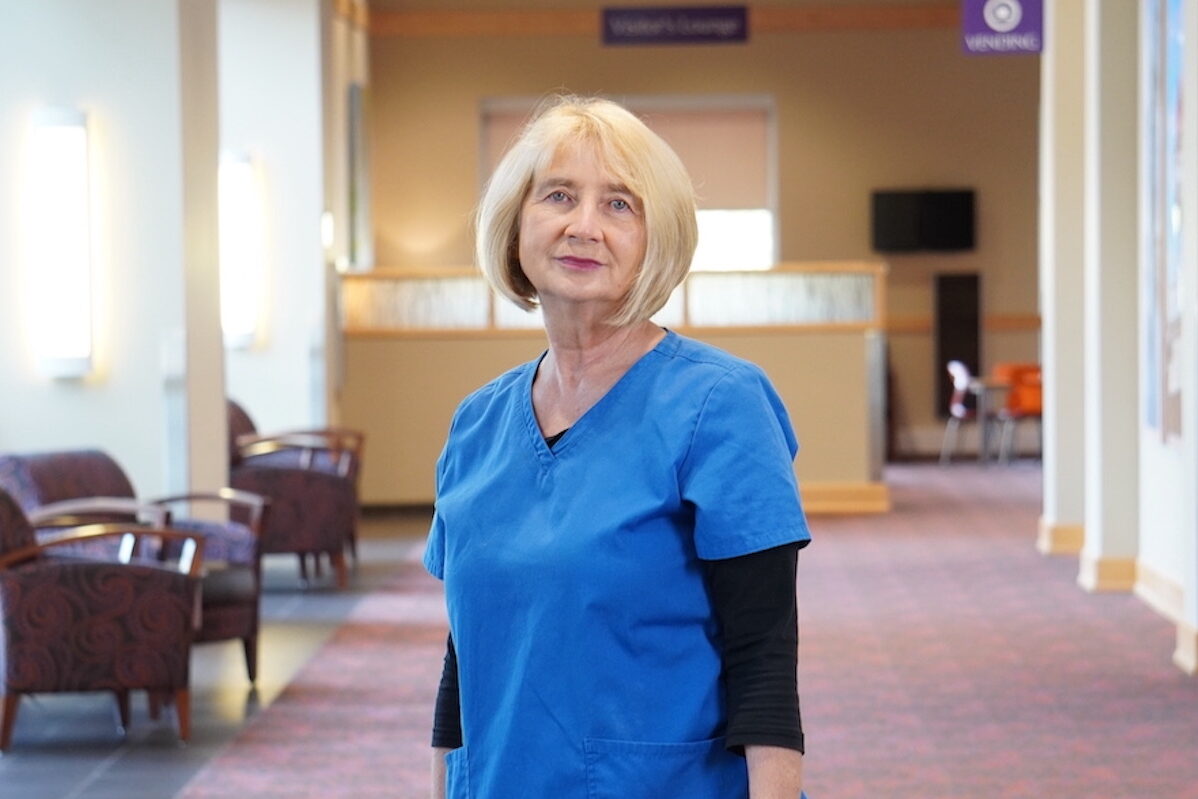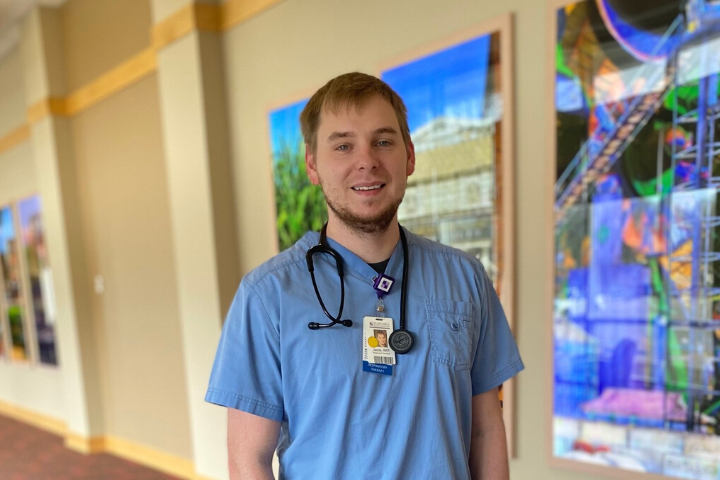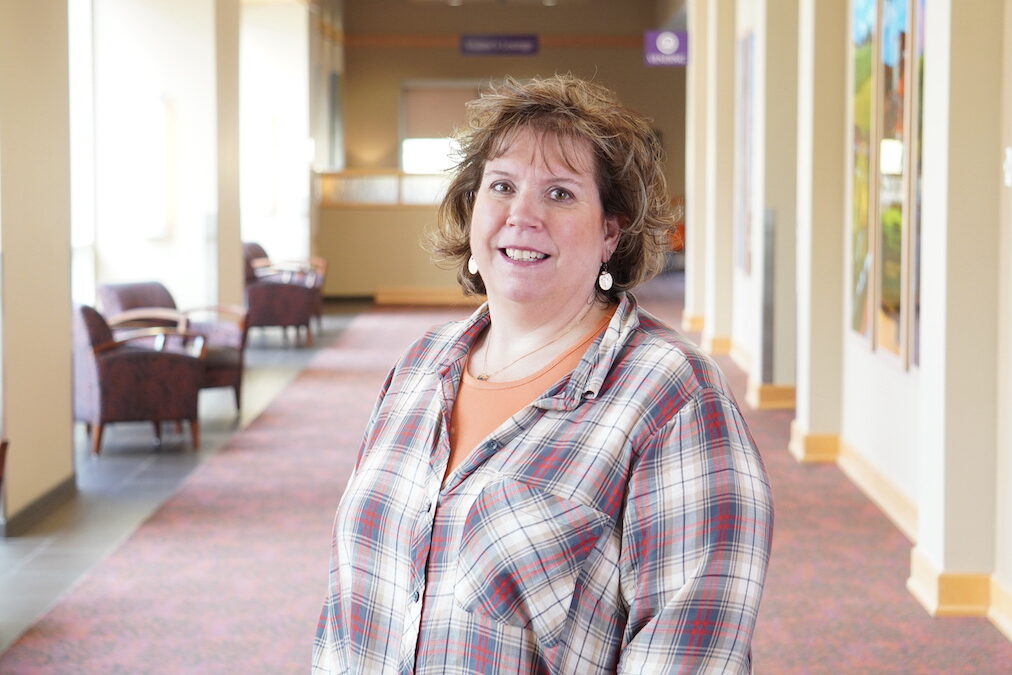Experts who know you by heart
Mahaska Health Cardiac Rehabilitation services are provided by a Registered Nurse with Advanced Cardiac Life Support Training and telemetry experience. If you have experienced a heart-related event and wish to enhance your life by taking charge of yourself to combat reoccurrence of the heart disease process, Cardiopulmonary Rehabilitation can help you.
We look forward to hearing from you!
Meet our team of specialists
We provide a wide range of cardiopulmonary (heart and lung) procedures, including:
Cardiopulmonary Services
Cardiopulmonary Services can be beneficial in the treatment and rehabilitation of many illnesses.
- Chronic Obstructive Pulmonary Disease (COPD)
- Emphysema
- Chronic bronchitis
- Pulmonary fibrosis
- Pneumonia
- Asthma
Treatments include:
- Oxygen therapy
- Bronchodilators
- Aerosol therapies
- Spot and overnight pulse oximetry
- Emergency assistance/transport
- Ventilator/CPAP/BIPAP management
- EEGs
- Wide range of pulmonary function studies
Cardiac Rehabilitation services are provided by a Registered Nurse with Advanced Cardiac Life Support Training and cardiothoracic/telemetry experience. If you have experienced a heart-related event and wish to enhance your life by taking charge of yourself to combat reoccurrence of the heart disease process, Cardiopulmonary Rehabilitation can help you.
As part of the comprehensive rehabilitation program, the nurse creates a personalized plan of care for each patient based on their personal ability and preference.
The goal of a cardiac rehabilitation is to stabilize, slow or even reverse the progression of heart disease.
A program can include:
- Counseling to help our patient understand and manage the disease process
- Beginning an exercise program
- Counseling on nutrition from a Registered Nurse, Dietitian or Diabetes Educator
- Helping our patient modify risk such as high blood pressure, smoking, high cholesterol, physical inactivity and diabetes
- Providing guidance to help our patient return to work
- Discussing physical limitations
- Emotional support
- Counseling on appropriate use of prescribed medications
Stress Echo is performed to test how the arteries of the heart respond during exercise. Healthy coronary arteries open more during exercise than an artery with a blockage. During a stress echo, sticky patches are attached to the chest and shoulders and connected to wires that record the activity of your heart.
Preparation for the Test
- Do not eat or drink for three hours prior to the test
- Ask your provider if your regular medications need to be adjusted prior to the test (Such as beta blockers atenolol, metoprolol, etc.)
- Wear comfortable clothing and shoes that are suitable for exercise
- Allow 45 minutes for the entire test
Holter Monitor – Is a continuous tape recording of a patient’s heart activity for 24 or 48 hours. The monitor is worn during a patient’s normal daily activities and helps the physician relate symptoms such as dizziness, palpitations or black outs. The test is most commonly used to diagnose an abnormal heart rhythm.
Preparation for the Test
- Wear a loose fitting shirt so the sticky patches and wires can easily be placed under your shirt and the monitor can rest on your belt.
- Allow approximately 15 minutes for application of the sticky patches and 5 minutes for removal.
Event Heart Monitor is used over a period of weeks in order to capture a heart rhythm at the same time the patient is having symptoms. The monitor requires two sticky patches to be applied to the patient’s chest and when the patient feels symptoms, they simply push a button to record the rhythm.
Pulmonary Rehabilitation is a vital function of Respiratory Care consisting of exercise and education for a patient with pulmonary disease.
There are several benefits of the Pulmonary Rehabilitation program:
- Improve exercise performance
- Reduce frequency and duration of hospitalizations
- Improve ability to perform daily activities
- Generally improve the quality of life
Topics covered in the Pulmonary Rehabilitation Program include:
- Knowledge of pulmonary illnesses
- Pulmonary medications
- Stress and relaxation techniques
- Breathing training
- Nutrition
- Exercise for pulmonary patients
- COPD – taking control
- Health choices for managing your pulmonary illness
When you have trouble sleeping, the problem might be temporary, or it could be something more serious. If you consistently have trouble sleeping, you may suffer from a sleep disorder that can only be diagnosed through a sleep study. We have a full time staff at Mahaska Health dedicated to providing sleep studies and assessments during your regular sleeping hours.
Common sleep disorders include:
- Obstructive sleep apnea
- Narcolepsy
- Restless leg syndrome
- REM behavior disorder
- Sleepwalking
What is a sleep study?
During a sleep study, you’ll stay the night on the Mahaska Health campus in one of our comfortable sleep suites with attached bathrooms and homelike amenities. Your sleep technologist will use non-invasive monitors to record your heart rate, respiratory system, muscle activity, oxygen levels, brain activity, sleep movement and body position throughout the night.
Symptoms of a sleep disorder
Many times, it’s not the sufferer who notices they have a sleep disorder, but their partner who notices disturbances during their sleep. If you, or your partner, experience these symptoms, a sleep study may be able to help.
Adult symptoms
- Snoring
- Daytime sleepiness
- Diabetes
- Leg cramps
- Neck circumference
- Frequent awakenings
- Irritability
- Loss of libido
- Depression
Symptoms in children
- Hyperactivity
- Daytime sleepiness
- Learning disabilities
- Growth problems

